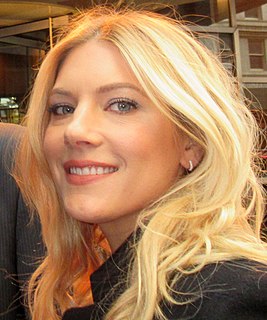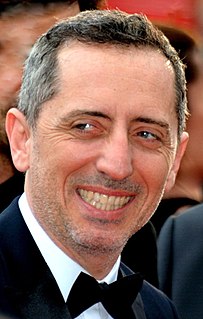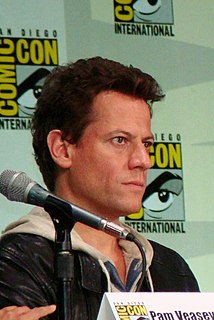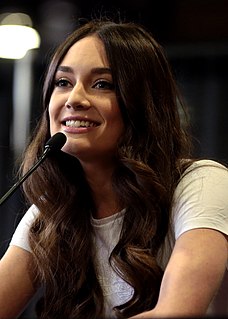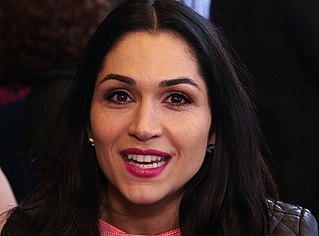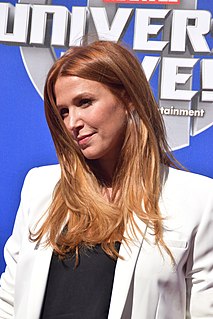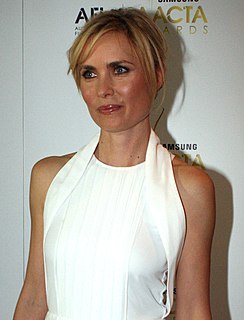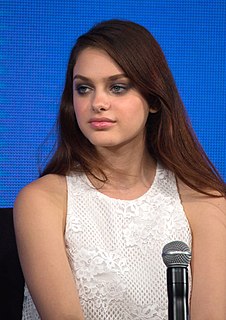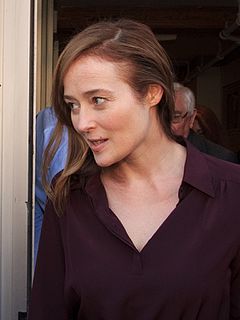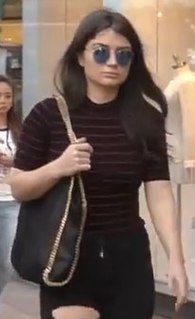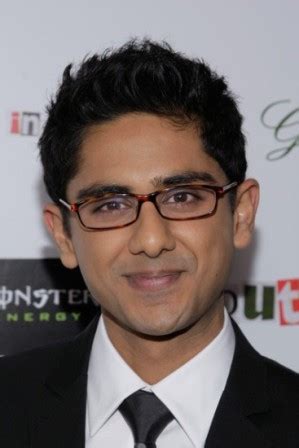A Quote by Katheryn Winnick
The Norse way of speaking, no one really knew what the Vikings sounded liked, they were Norsemen. The accent is really a combination of a Scandinavian accent, maybe with a Swedish accent and an old way of speaking.
Related Quotes
It's really an organic sort of process. You start off with the character on the page. You fall in love with that character and you have to represent that character well and I think it's just an evolution there. Using the accent and speaking the lines with the accent in fact opens the door to who the character really is.
